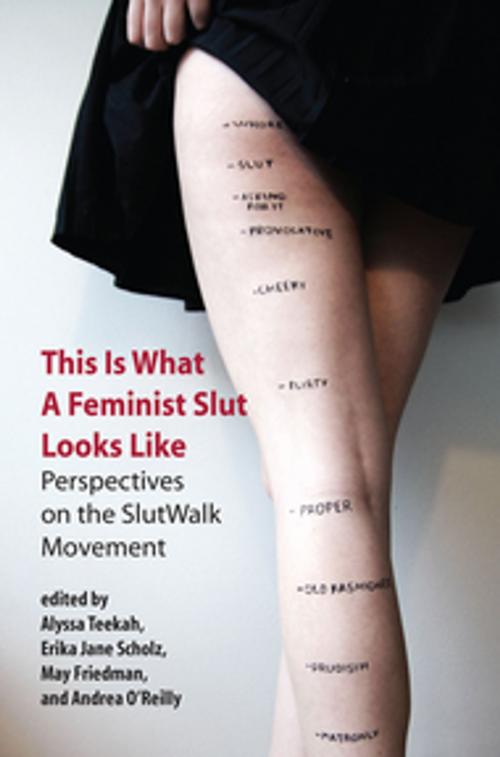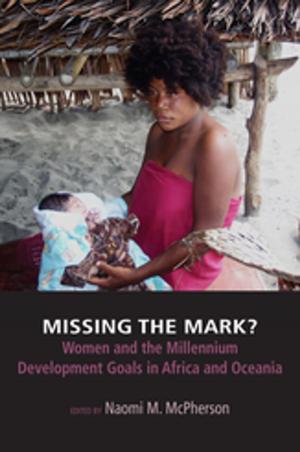This Is What a Feminist Slut Looks Like
Perspectives on the SlutWalk Movement
Nonfiction, Social & Cultural Studies, Social Science, Gender Studies, Women&| Author: | ISBN: | 9781926452982 | |
| Publisher: | Demeter Press | Publication: | April 10, 2015 |
| Imprint: | Demeter Press | Language: | English |
| Author: | |
| ISBN: | 9781926452982 |
| Publisher: | Demeter Press |
| Publication: | April 10, 2015 |
| Imprint: | Demeter Press |
| Language: | English |
In April 2011, a team of five people put together Slutwalk Toronto, a protest responding to slut shaming and victim blaming culture, exemplified by a recent event at Osgoode Hall Law School at York University. In the name of campus “safety”, Toronto Police Constable Michael Sanguinetti advised “women should avoid dressing like sluts in order to not be victimized”. The sentiment of those in the over 3000 crowd that day were shared by folks around the globe - leading to over 200 Slutwalks internationally and the establishment of “Slutwalk” organizing groups. This collection engenders a critical engagement with the global phenomenon of the Slutwalk movement, considering both its strengths and limitations. The chapters take up Slutwalk through a feminist lens (broadly defined) consider- ing Slutwalk as a successful social movement, a site of tremendous controversy, and an ongoing discussion among and between waves of feminists across the life cycle and across the globe. Through poetry, photography, scholarly articles, creative non-fiction, personal essays, the collection seeks to unpack the discursive performance of Slutwalk as well as explore the experiences of people who attended various and diverse Slutwalks marches/protests in North America and Asia.
In April 2011, a team of five people put together Slutwalk Toronto, a protest responding to slut shaming and victim blaming culture, exemplified by a recent event at Osgoode Hall Law School at York University. In the name of campus “safety”, Toronto Police Constable Michael Sanguinetti advised “women should avoid dressing like sluts in order to not be victimized”. The sentiment of those in the over 3000 crowd that day were shared by folks around the globe - leading to over 200 Slutwalks internationally and the establishment of “Slutwalk” organizing groups. This collection engenders a critical engagement with the global phenomenon of the Slutwalk movement, considering both its strengths and limitations. The chapters take up Slutwalk through a feminist lens (broadly defined) consider- ing Slutwalk as a successful social movement, a site of tremendous controversy, and an ongoing discussion among and between waves of feminists across the life cycle and across the globe. Through poetry, photography, scholarly articles, creative non-fiction, personal essays, the collection seeks to unpack the discursive performance of Slutwalk as well as explore the experiences of people who attended various and diverse Slutwalks marches/protests in North America and Asia.















